Towards an Independent and Credible NHRC: Agendas for Reform
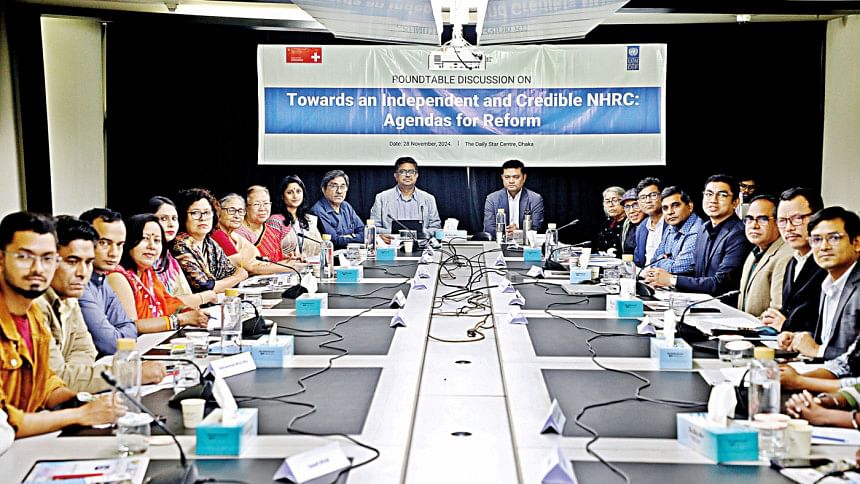
UNDP's Strengthening Institutions, Policies and Service (SIPS) project, co-funded by Embassy of Switzerland, in collaboration with The Daily Star organised a roundtable titled 'Towards an Independent and Credible NHRC: Agendas for Reform' on November 28, 2024. Here we publish a summary of the discussion.
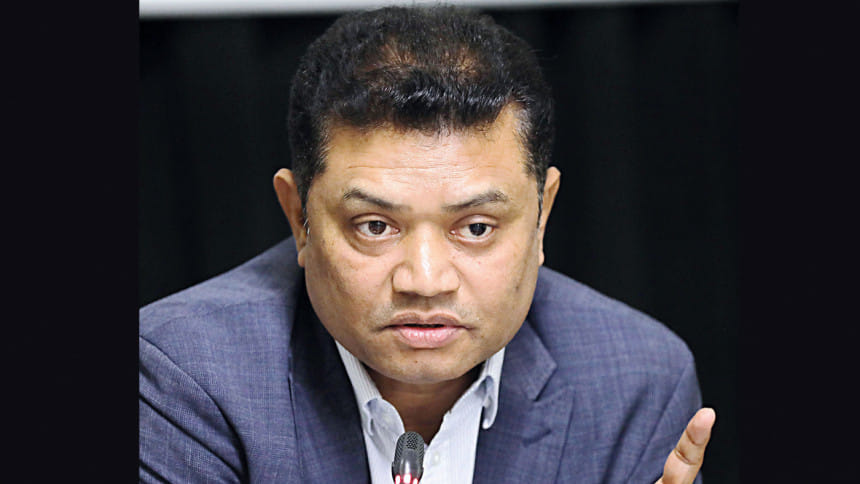
Jyotirmoy Barua, Advocate, Bangladesh Supreme Court & Human Rights Activist
The National Human Rights Commission Act 2009, modeled on India's legislation on the National Human Rights Commission and in light of the Paris Principles of 1993, provides for the establishment of NHRC as an independent statutory body. However, structural issues limit its autonomy. Concerns raised by the Sub-Committee on Accreditation of Global Alliance of National Human Rights Institutions (GANHRI) in 2011 and 2015 highlight the partisan nature of the NHRC's selection process, undermining its impartiality and contributing to Bangladesh's 'B' accreditation status.
The NHRC's investigative powers are restricted, particularly against law enforcement agencies, where it relies on government reports rather than conducting independent inquiries. This limitation has prevented the NHRC from addressing serious human rights violations, such as enforced disappearances, over the past 16 years.
While new leadership may bring change, institutional effectiveness cannot depend solely on individuals. The NHRC's role remains confined to recommendations, with rare use of provisions like Section 13 for judicial referrals. Additionally, appointing former government officials as Chairpersons contradicts the Paris Principles, which advocate reducing administrative ties to achieve greater independence. To realize its full potential and aim for 'A' status accreditation, the NHRC must prioritize impartial leadership, strengthen its workforce, and expand its operational independence.
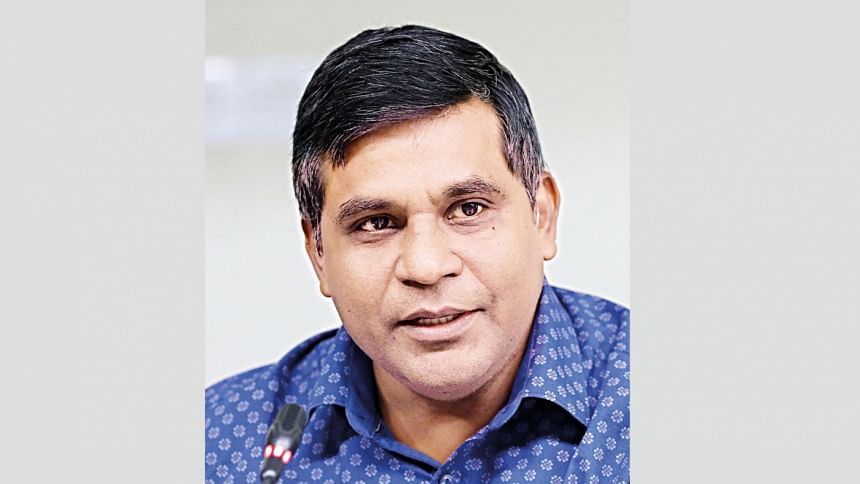
Sayeed Ahmad, Protection Coordinator, Asia Pacific, Front Line Defenders
The status of the National Human Rights Commission (NHRC) needs clarity—whether it is a government entity or an NGO. Globally, national human rights institutions are seen as bridges between the state and NGOs, a role crucial for Bangladesh, where the gap between the two has widened over the past 16 years.
The NHRC's mandate to promote, protect, and prevent human rights violations requires innovative approaches, even within legal constraints. For instance, while Section 18 of the NHRC Act 2009 limits investigations into law enforcement, the NHRC could conduct research on extrajudicial killings and establish guiding principles. Similarly, it could set standards, such as guidelines for peaceful assemblies tailored to Bangladesh's context, but such efforts remain absent.
Operational independence is undermined by the secondment of officials and budget allocations controlled by the Ministry of Law, Justice, and Parliamentary Affairs, despite provisions for an independent secretariat and budget. These gaps weaken the NHRC's effectiveness and hinder its potential.
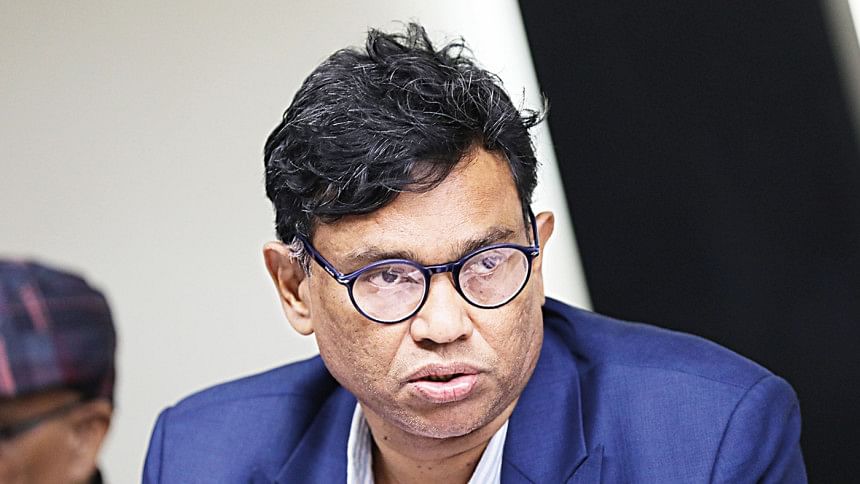
Sheikh Hafizur Rahman (Karzon), Professor, Department of Law, University of Dhaka
The establishment of the NHRC in Bangladesh appears to be more symbolic than purposeful, falling short of fulfilling its mandate to protect and promote human rights. While the state bears the constitutional responsibility for safeguarding human rights, the NHRC should act as an independent watchdog, addressing allegations of violations by state actors, including MPs, bureaucrats, police, and other agencies. Unfortunately, it has failed to deliver on this critical role. To enhance its effectiveness, the NHRC's appointment process must prioritize individuals with proven expertise in human rights, such as legal scholars, justices, and advocates. Additionally, the Commission requires greater financial independence and expanded powers, including the authority to investigate allegations against law enforcement, recommend legal action, file writs, and hold state offenders accountable. It must also be granted executive power.
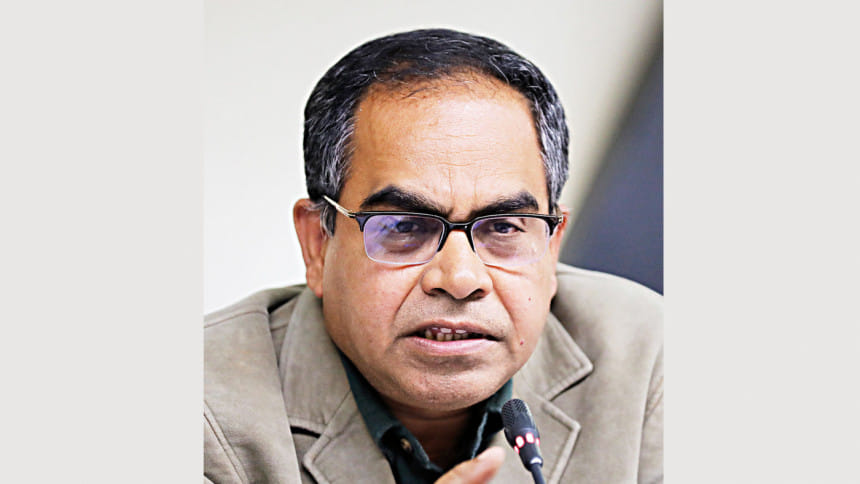
Kazi Maruful Islam, Professor, Department of Development Studies, University of Dhaka
To enhance the NHRC's effectiveness, its mandate must be broadened, with accountability mechanisms in place to ensure its integrity. Law enforcement agencies and national forces remain key violators of human rights, highlighting the need for greater alignment between the judiciary, executive bodies, and NHRC activities. Strengthening collaboration with civil society is crucial for transforming the NHRC into a transparent, people-centric institution. For instance, many individuals displaced by development projects are denied proper compensation despite repeated appeals. To address such issues, the NHRC must actively engage with marginalized communities and work closely with field-level human rights defenders. This approach would improve cost efficiency, operational transparency, and the Commission's capacity to effectively safeguard the rights of vulnerable populations.
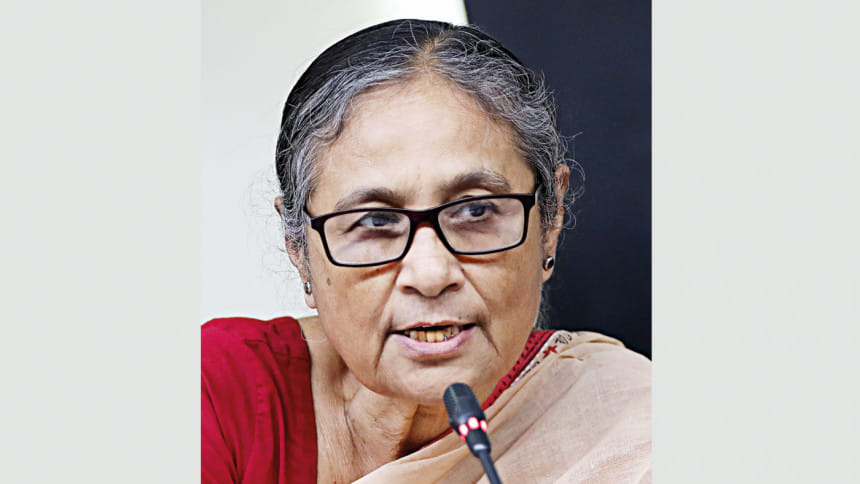
Dr Maleka Banu, General Secretary, Bangladesh Mahila Parishad
While the state bears the primary responsibility for protecting human rights, the NHRC must assess the state's effectiveness, identify gaps, and recommend actionable solutions. Its role should extend beyond bridging NGOs and the state to bridging the deeper divide between the people and the state. In addition to addressing critical issues like enforced disappearances and extrajudicial killings, the NHRC must address pervasive violations of women's rights. To achieve this, the Commission needs greater representation of human rights experts with a strong focus on gender sensitivity and women's issues.
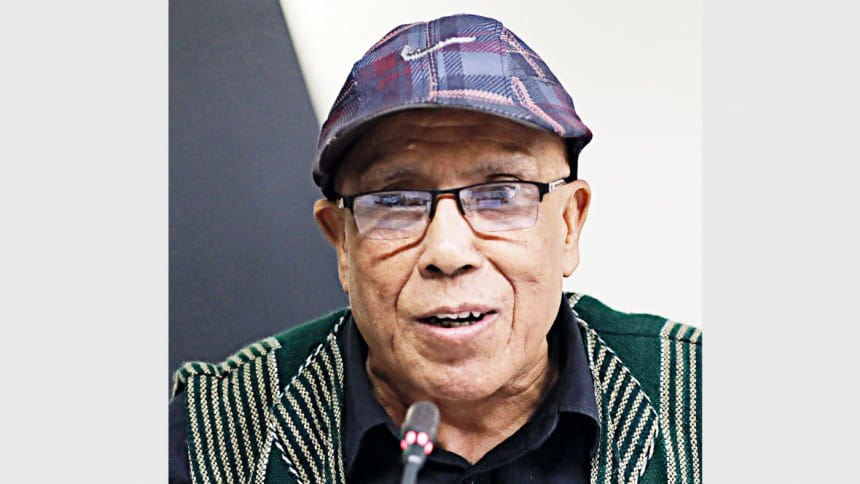
Sohrab Hassan, Joint Editor, Prothom Alo
As a journalist, I am deeply concerned about the state of human rights in our country, particularly given the mounting pressure on media outlets such as Prothom Alo and The Daily Star. These offices face increasing protests, symbolic acts like the slaughter of cows, and public calls for closure— blatant violations of press freedom and human rights. The absence of an independent and effective National Human Rights Commission exacerbates the situation.
The press plays a crucial role in uncovering these incidents but faces significant challenges, particularly when law enforcement agencies or even Heads of state are alleged to be involved. To address these issues, the National Human Rights Commission must be genuinely independent, with the authority to investigate and hold state actors accountable.
Establishing a tribunal-like panel within the NHRC could help ensure justice for violations committed by those in power. At the same time, fostering political awareness and demanding accountability across all levels of governance are critical for protecting human rights and press freedom in Bangladesh.
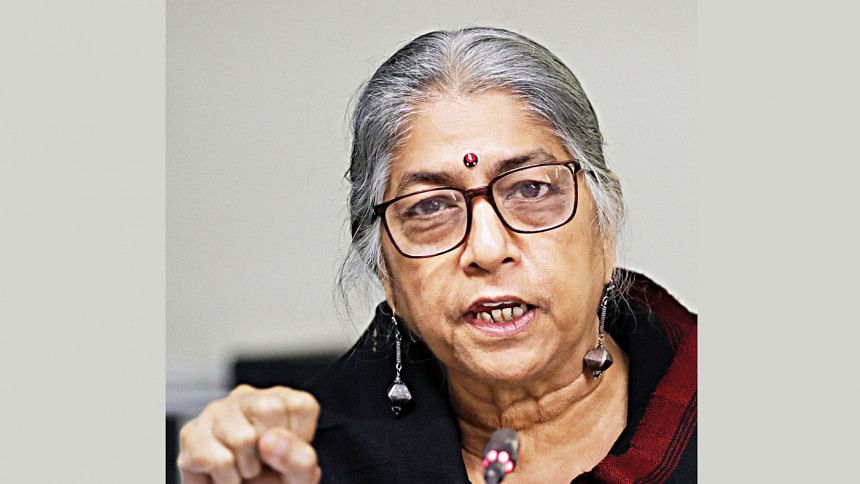
Shireen Huq, Founder President, Naripokkho and Chair of the Women's Affairs Reform Commission
The NHRC merely reiterates traditional points without addressing pressing issues. For instance, while the death penalty is widely recognised as a gross human rights violation, the Commission has yet to take a definitive stance against it.
Bangladesh, as a signatory to several international treaties and conventions, has maintained reservations on critical articles of these treaties, undermine its commitment for example, in the case of CEDAW, we have retained a reservation on Article 2 and 16(1)(c), which obligates states to align their laws and policies with the principles of non-discrimination. By doing so, we have essentially undermined the spirit, commitment, effectively stating that we are not bound by those obligations. As a nation, we have fallen short in upholding international legal obligations and fulfilling commitments, more specifically in implementing treaty like the ICCPR.
Many organisations have consistently demanded an independent investigative mechanism within the National Human Rights Commission to ensure its effectiveness. Protecting human rights often involves addressing human rights violations by the non-state actors (third-party) beyond the state's direct actions. These responsibilities are clearly outlined in the human rights framework. Members of the National Human Rights Commission are well aware of their duties and obligations, but if they continue to neglect these, no human rights commission can function effectively.
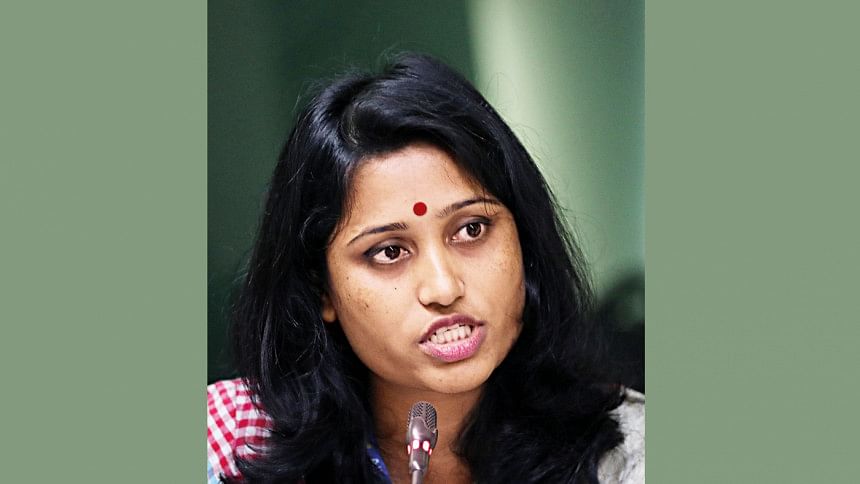
Sumita Rabidas, Human Rights Activist Coordinator, BCRA
Youth Leader, I developed a deep understanding of human rights, which inspired my activism within my community. While much attention is given to the challenges of hill tracks communities, the Adibasi (indigenous peoples) of the plain land remain overlooked. The National Human Rights Commission must be decentralise its operations, expanding to district and union levels, especially in Adibasi-dominated areas. A separate land commission for plains Adibasis is also essential to address their specific issues.The Commission's delayed response to the police firing in Govindaganj on 6 November 2016—arriving 36 days later—highlighted its lack of urgency and raised serious concerns about its commitment to Adibasi justice.
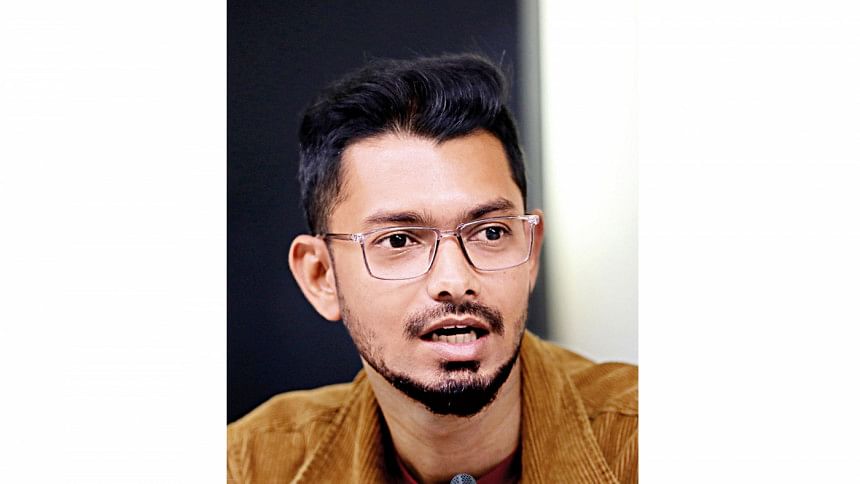
Syed Mohiuddin Daanish, Senior Project Officer, Oboyob
Human rights protections in Bangladesh remain alarmingly inadequate, with even the mainstream population often lacking sufficient safeguards. This raises critical concerns about the vulnerabilities faced by minority communities defined by sex, ethnicity, and religion. Reforms and policies must be truly inclusive, ensuring that the violation of even a single individual's rights is acknowledged and addressed as a fundamental breach of human rights.
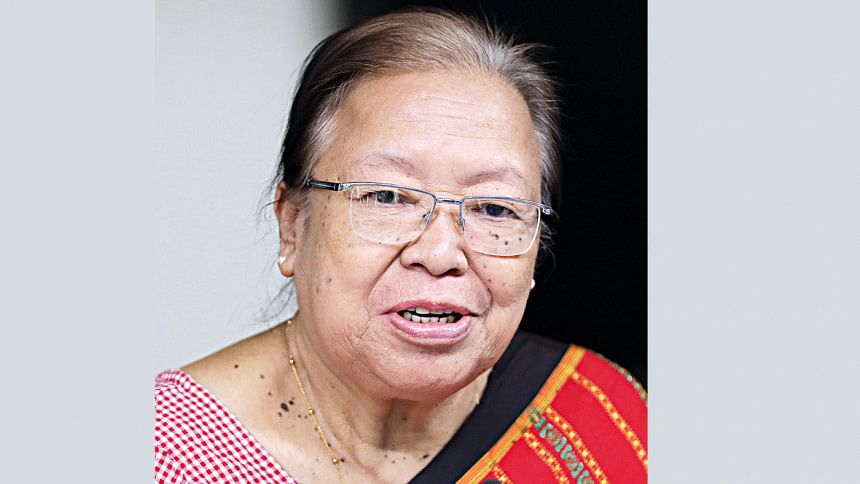
Nirupa Dewan, Former Honorary Member, National Human Rights Commission
Marginalized communities, particularly Adibasis, face systemic human rights violations unique to the hill tracts and plains, setting them apart from the rest of the country. Efforts to highlight these issues are often met with accusations of conspiracy and undue scrutiny of our movements. For instance, during a visit to the Kaptai Dam, Adibasis, including myself, were denied entry, while a then-Director General (from the mainstream community) was granted access. This incident exemplifies the everyday discrimination we endure, challenging the notion of equal human rights.
During my tenure from 2010 to 2016 as a Member of the NHRC, we recognized these shortcomings and worked to address them through extensive fact-finding missions nationwide, documenting all human rights violations in the Chittagong Hill Tracts (CHT). To uphold its mandate, the NHRC must evolve into a true bridge between the government and the people, ensuring that marginalized voices are heard and their rights are protected.
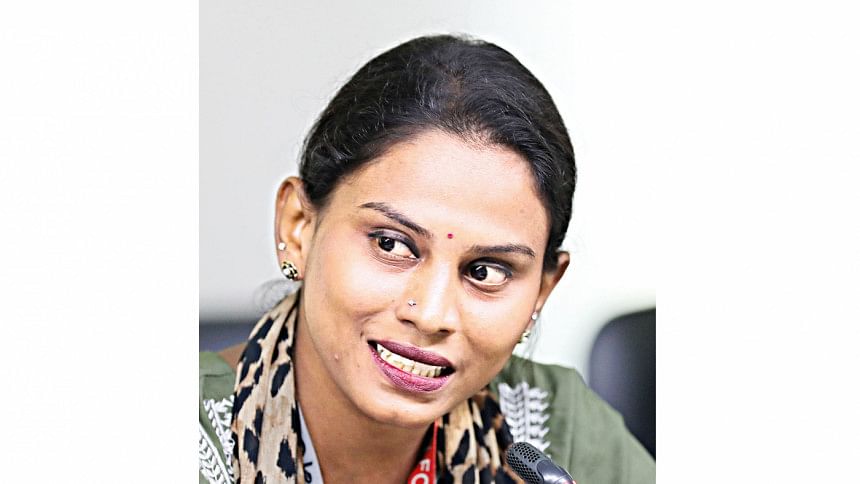
Sarshathi Das, Programme Officer, Dalit Women Forum
The draft Anti-Discrimination legislation, proposed many years back, remains unpassed. In our colony slum, city corporation employees can secure housing, yet individuals in private cleaning jobs struggle to find rental accommodation and face limited job opportunities. To address these inequalities, I strongly urge the immediate enactment of the Anti-Discrimination Bill and its inclusion in the constitution to ensure meaningful protection and equity for all.
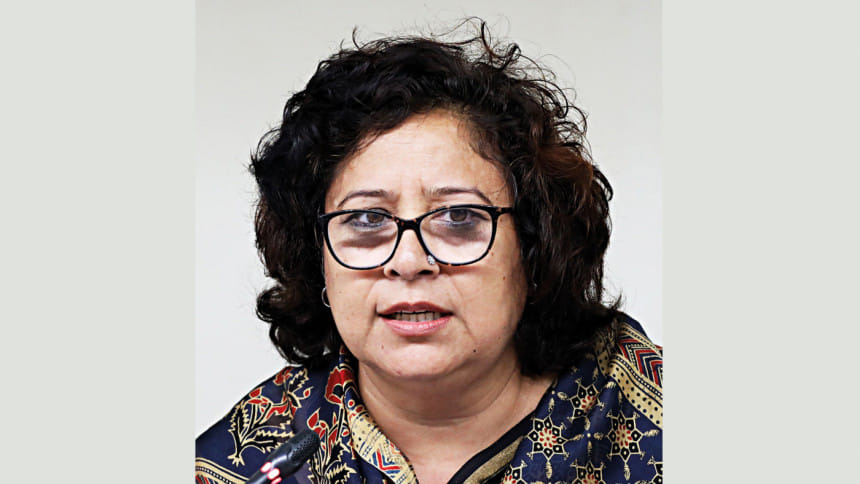
Sabina Yasmein Lubna, Senior Programme Manager, Embassy of Switzerland
The Swiss Embassy continues to prioritise human rights, she underlined. For the NHRC to promote human rights throughout the nation, she emphasised the necessity of enhancing its regional presence and continuing to enhance the capability of its employees. Additionally, she brought up long-standing issues with the NHRC's opaque hiring and selection procedure. For an independent statutory organisation such as the NHRC to operate effectively and efficiently, strong leadership is necessary. The leadership of the organisation is crucial to its success because of their dedication and vision. However, little progress has been made in this crucial area over the last 10 years, and the NHRC has failed to reach its full potential.
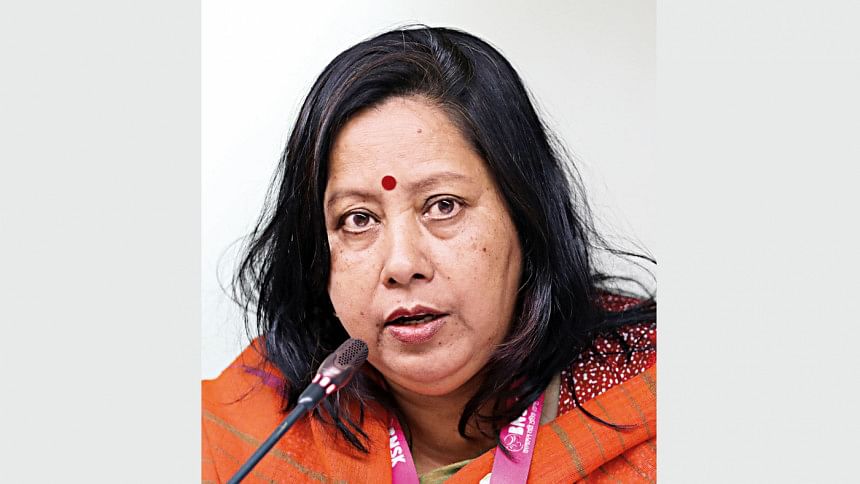
Sumaiya Islam, Executive Director, Bangladesh Nari Sramik Kendra – BNSK
The Bangladesh Bureau of Statistics (BBS) provides valuable data highlighting the challenges faced by outgoing and returnee female migrant workers. However, most cases of abuse against migrant workers go unreported. A significant concern is the involvement of trafficking syndicates, often with the complicity of corrupt officials and Ministers, in controlling migration to countries in the region and Europe.
Destination countries, particularly in the Middle East, frequently show little regard for human rights violations due to a lack of commitment to comprehensive protection mechanisms. Addressing the plight of migrant workers requires urgent and collaborative efforts, both nationally and internationally, to ensure their safety and uphold their rights.
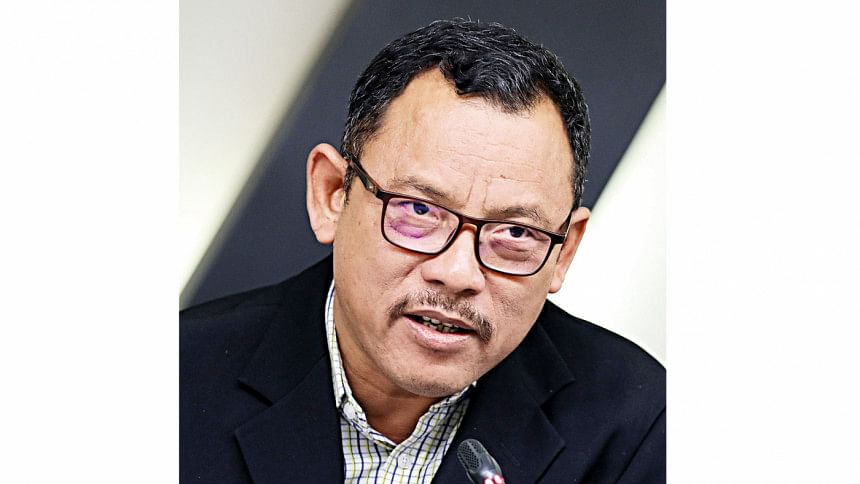
Sebastin Rema, Secretary, National Human Rights Commission
Freedom of expression is a cornerstone of human rights, and expectations from the NHRC to safeguard this right remain high. However, the NHRC requires structural reforms to enhance its operations and deliver tangible impacts. A significant issue is that the government agencies do not always pay attention when the NHRC requests for reports. Greater collaboration and cooperation between the government and the NHRC are crucial to ensuring meaningful progress and protecting fundamental rights.
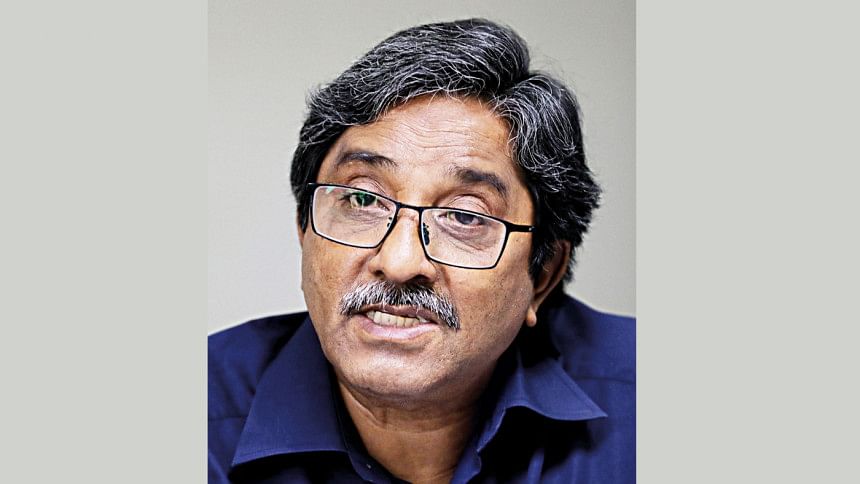
Dr. Kamal Uddin Ahmed, Former Chairman, National Human Rights Commission
I strongly advocate for the establishment of an independent NHRC, yet this aspiration remains largely unrealised. Although financial management within the commission has shown improvement, several challenges persist, such as insufficient resources mainly allocated budget code, a lack of autonomy, and limited reach across the country. Despite these constraints, the NHRC has tackled important human rights issues, including drafting legislation for the protection of domestic workers, addressing sexual harassment in educational institutions and workplaces, and combating child marriage.
Despite facing resource limitations, the NHRC remains steadfast in its commitment to human rights advocacy by filing petitions on critical issues. However, structural reforms are essential to enhance its power and authority, secure adequate resources and allocation to the appropriate code, and ensure greater transparency. For the NHRC to make a meaningful and lasting impact, it must function as a top-tier oversight body capable of effective coordination with state institutions, more specifically articulating a mechanism when the recommendations made by the NHRC is not complied with or paid attention by the government. As the primary interface between the government and human rights enforcement, the NHRC must be equipped with the tools and capacity necessary to fulfil its role effectively.
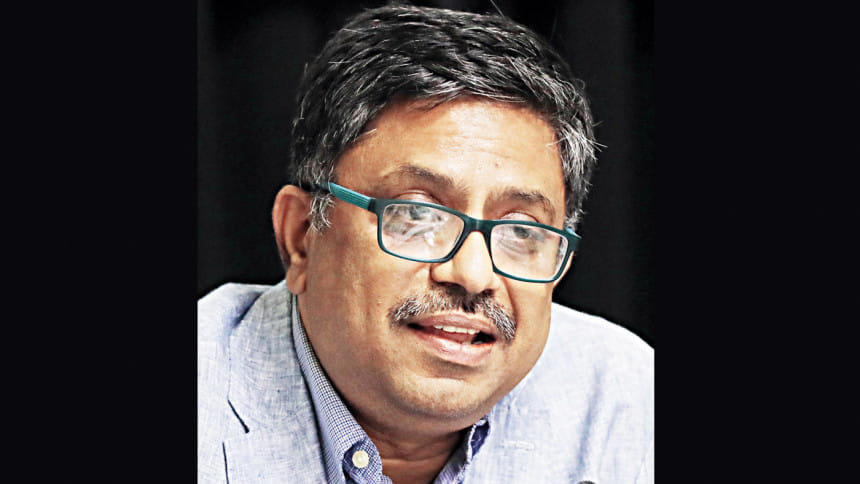
Anowarul Haq, Assistant Resident Representative, Democratic Governance Portfolio, UNDP Bangladesh
Human rights often revolve around the dynamics between the powerful and the powerless. A commission may steer clear of controversial issues, but its effectiveness must be critically evaluated. A strong NHRC alone cannot advance human rights; it requires collaborative efforts with the civil society organisations (CSOs) and human rights defenders.
The NHRC must transform into a credible, independent body that is accountable to the people. Its complaint mechanism must be strengthened and supported by digitalisation. The NHRC Act, 2009, requires amendments to overcome statutory limitations that is an obstacle of its independence. Furthermore, the selection process for NHRC officials must be transparent, ensuring alignment between legislative frameworks and the services required by the people.
Given Bangladesh's complexities—including rural-urban divides, resource constraints, and increasing private sector investments—human rights should be approached in a decentralised manner. The NHRC should collaborate with human rights defenders and the media. For Bangladesh to be recognised as a strong democracy, the state, market systems, and civil society must form a cohesive partnership.
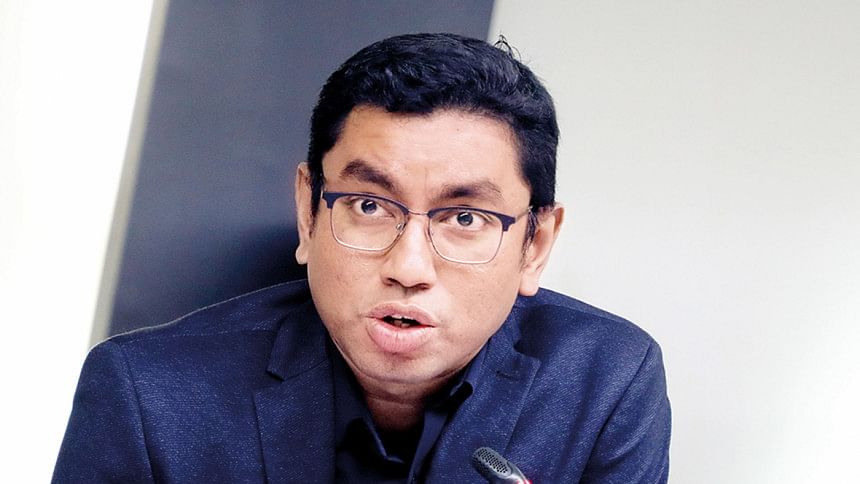
Tanjim Ferdous, In-Charge, NGOs & Foreign Missions, Business Development Team, The Daily Star & Moderator of the Session
The NHRC has the potential to serve as an impartial defender of peoples' rights. At this juncture, the interim government's commitment to human rights reform provides a unique and timely opportunity to pursue meaningful changes.
Mahmudul Hasan, Project Manager, Lubna Yasin, Human Rights Expert, Sabrina Sharmin, Communications and Knowledge Management Expert of Strengthening Institutions, Policies and Service (SIPS) project, UNDP Bangladesh were present in the discussion.
Recommendations
- The reform of the National Human Rights Commission of Bangladesh should not occur in isolation. Instead, it must be positioned as an integral component of a broader political reform agenda that prioritizes and enforces zero tolerance for all forms of human rights violations.
- The National Human Rights Commission Act 2009 should be amended to address statutory restrictions and ensure independence by removing limitation.
- The NHRC must be granted expanded powers, including the authority to investigate, recommend legal action, file writs, and hold state offenders accountable.
- The appointment process in the NHRC must be transparent and prioritise the selection of qualified experts, such as a Chief Justice (former), advocates, legal scholars, or human rights defenders.
- The rules, in particular, for mediation and conciliation and recruitment rules under the NHRC Act 2009 should be reviewed and/or formulated to enhance the Commission's efficiency and effectiveness in fulfilling its mandate.
- The NHRC must be granted greater financial independence.
- Strengthen collaboration with civil society and other human rights defenders to ensure the inclusion of marginalised communities and position the NHRC as a transparent, people-centric organisation.
- Establish a tribunal-like panel within the commission to ensure justice and accountability.
- Specialised 'Adibasi Cell' should be established within the NHRC.
- Coordination between the NHRC and the judiciary must be enhanced.
- Enhance the NHRC's complaint mechanism by integrating robust digital systems to streamline accessibility, tracking, and resolution of cases.

 For all latest news, follow The Daily Star's Google News channel.
For all latest news, follow The Daily Star's Google News channel. 



Comments